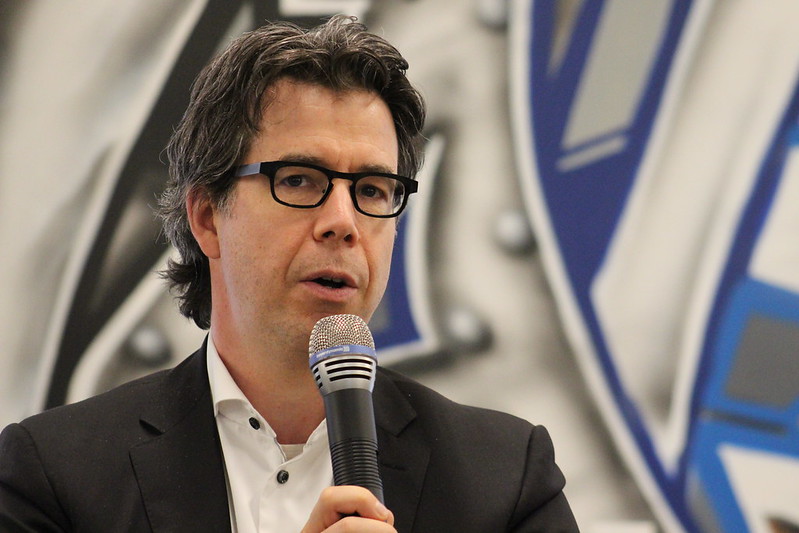ORLANDO — The City of Ottawa has announced a new plan to pilot Microsoft’s Power Virtual Agent to increase the accessibility of its 311 services.
Built in collaboration with Microsoft, Ottawa will begin piloting its new 311 AI chatbot in the first quarter of 2020. Users will be able to enter questions about the city’s services and receive immediate answers in a conversational format.
“We will progressively cover more and more topics over time,” said Marc Rene de Cotret, director of service transformation for the City of Ottawa, to IT World Canada. “Eventually, I could see us migrate into more task-based things like maybe filling out an application for your permit or license.”
Microsoft CEO Satya Nadella announced the Virtual Power Agent in his opening keynote at the Microsoft Ignite event in Orlando. As a no-code/low-code development tool, Virtual Power Agent allows anyone with little to no development experience to create their own chatbot.
Using artificial intelligence, Virtual Power Agent would attempt to guess the developer’s intentions and provide the most relevant information to its users based on limited sets of criteria. The system is designed to self-improve over time based on customer feedback, which is why Ottawa heavily urges its citizens to participate in the pilot program.
During the piloting phase, it will be used to answer questions about waste diversion and collect citizen feedback to improve the chatbot.

The initial rollout will be deployed as a chatbot built on the Microsoft Bot Framework. The chatbot will transition over to the Power Virtual Agent once a bilingual version is complete.
While citizens will only be able to access the chatbot through Ottawa’s 311 website at launch, Rene de Cotret said the city isn’t discounting the possibility of a mobile version.
“We very, very much want citizens to be part of that process of testing and helping us evolve the channel…And then over time, we would look at the various channels and make that available once we understand the kind of technology they want to consume it [on].”
Instead of replacing humans, the new virtual agent will complement the existing 311 access channels. Rene de Cotret emphasized that the goal of the new virtual agent is to resolve simple questions from 311 call centers.
“You can have a big spike in calls coming into 311. Having a virtual agent dealing with inquiries can help us mitigate that to some extent…And then we’d have another kind of solution as part of our toolkit so that we can allow agents to deal with more complex cases. In an emergency management situation, you want your agent to be handling not simple inquiries, but complex cases,” explained Rene de Cotret.
The new chatbot would also provide less friction for people who don’t want to speak to a live person to find out information.
